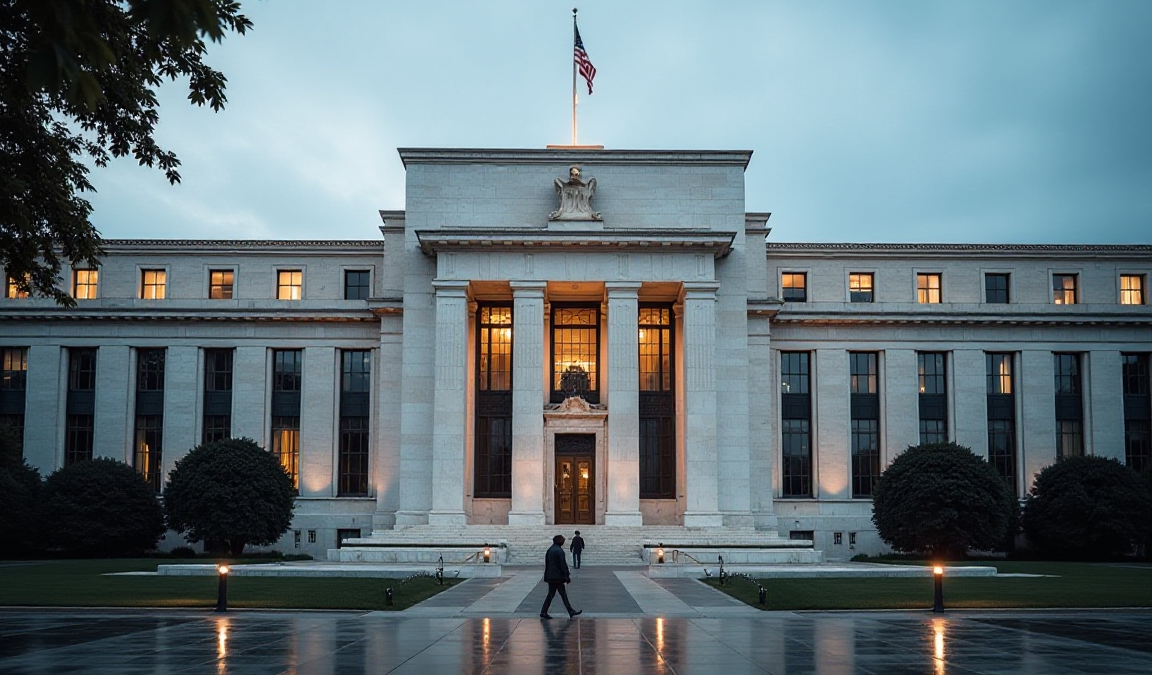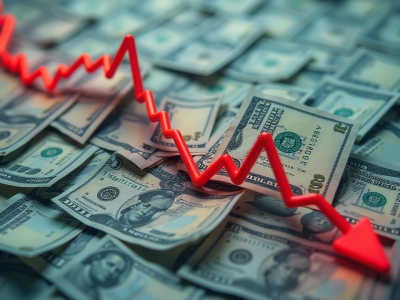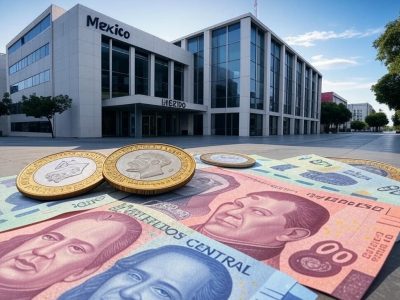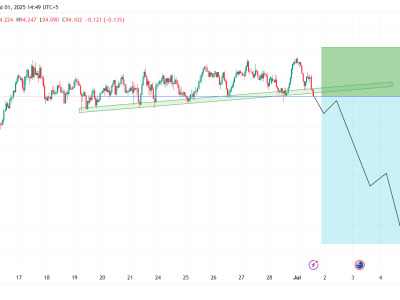
The AUD/USD exchange rate remained on edge after falling to a low of 0.6537, its lowest level since August 8. It has crashed by 5.60% from its highest level this year as traders focus on the upcoming Reserve Bank of Australia (RBA) and Federal Reserve decisions.
RBA interest rate decision
The AUD/USD pair crashed hard after Australia published the closely-watched quarterly consumer inflation report.
Data revealed that the headline Consumer Price Index (CPI) retreated from 3.8% in Q2 to 2.8% in the third quarter. The decline was much higher than the median estimate of 2.3%. Precisely, the CPI index number rose from 138.80 to 139.10.
The trimmed mean CPI dropped from 3.9% to 3.5% in Q4, while the weighted mean fell from 4.2% to 3.8%. This figure was higher than the median estimate of 3.6%.
More data released on Friday showed that Australia’s producer price index (PPI) retreated from 1.0% to 0.9%, higher than the expected 0.7%. On a year-on-year basis, it fell from 4.8% to 3.9%.
These numbers mean that inflation was still higher than analysts expected, meaning that the Reserve Bank of Australia (RBA) will maintain a moderately hawkish tone.
The RBA will conclude its two-day meeting on Tuesday, and analysts see it leaving rates unchanged at 4%, where they have remained in the past few months.
In the last meeting, the RBA left rates intact and signaled that it was prepared to start cutting rates as soon as in the December meeting. Now, there are signs that it will do that either in the first or second quarter of 2025.
That explains why Australia’s government bond yields have surged, with the ten-year rising to 4.61%, its highest level since November last year. It has jumped by over 22% from its lowest point on Sep. 17. The five-year bond yields rose to 4.20%, its highest level since June.
Federal Reserve decision ahead
This week’s Federal Reserve decision will be the next important catalyst for the AUD/USD exchange rate.
The decision comes a few days after the US published weaker economic numbers than expected.
According to the Bureau of Labor Statistics (BLS), the economy created just 12k jobs in October, much lower than the median estimate of over 100k. This slowdown happened after the country went through a major hurricane during the month. The unemployment rate remained unchanged at 4.1%, while wage growth was at 4%.
Therefore, these numbers meant that the Fed would continue cutting interest rates since there are signs that the economy was starting to slow.
Like in Australia, US government bonds continued rising, with the ten-year moving to 4.38%, its highest level since July 3. The five-year yield has moved to 4.22%, its highest point since July.
The other important AUD/USD news will be the US election, which will happen on Tuesday. Polls show that the election will be close.
Polymarket, the biggest prediction market, has Trump leading by 55%, against Kamala Harris’ 45%. This figure is much lower than last week’s high of 67%. Therefore, the AUD/USD pair will have some volatility after the presidential election as investors adjust to the new normal.
AUD/USD technical analysis
AUD/USD chart by TradingView
The Australian dollar has suffered a big reversal in the past few weeks after peaking at 0.6941 on October 1.
It has crashed below the 50-day and 200-day Exponential Moving Averages (EMA). If the drop continues, the pair will likely make a death cross pattern, pointing to more downside.
The pair has dropped below the key support at 0.6621, its lowest point on September 11. Also, the Relative Strength Index (RSI) and the MACD indicators have all pointed downwards.
Therefore, the path of the least resistance for the pair is bearish, with the next point to watch being at 0.6450.
The post AUD/USD analysis ahead of Fed, RBA decisions, and US election appeared first on Invezz












